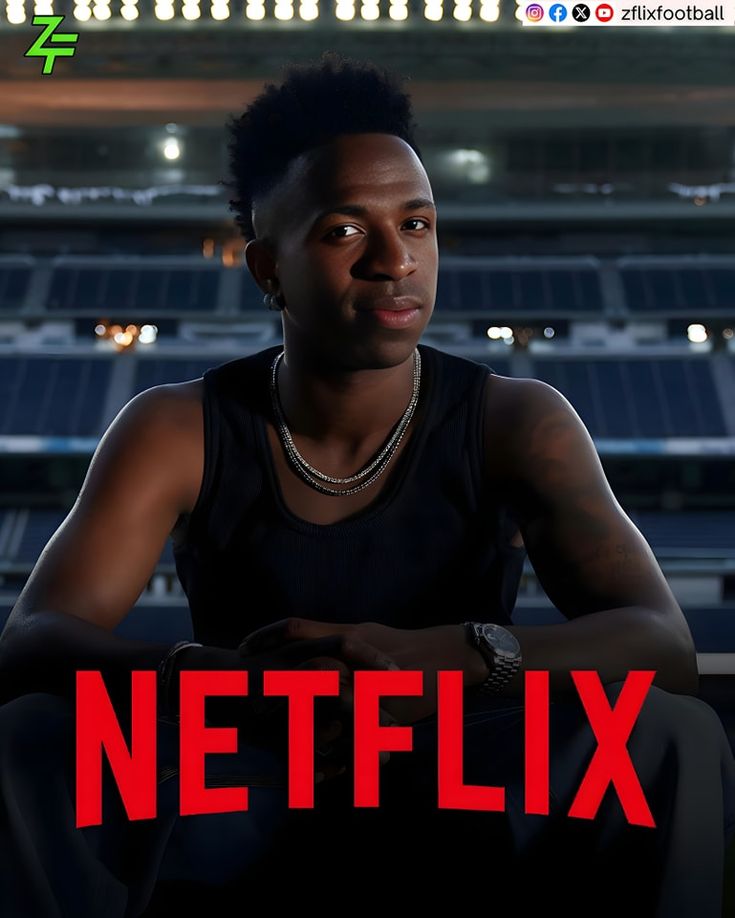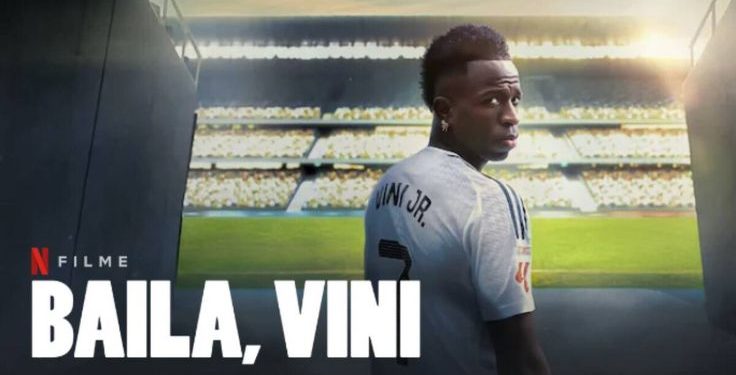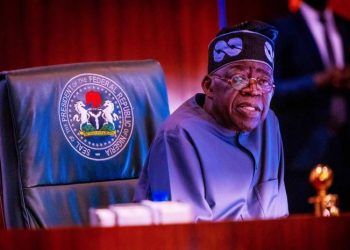Valencia CF has issued a formal demand for correction and is contemplating legal action against Netflix over the portrayal of its fans in the recently released documentary Baila, Vini, which centers on Real Madrid’s Vinícius Júnior. The club contends that the documentary misrepresents events from a May 2023 match at Mestalla Stadium, inaccurately depicting widespread racist behavior among Valencia supporters.
The Incident at Mestalla
On May 21, 2023, during a La Liga match between Valencia CF and Real Madrid at Mestalla Stadium, Real Madrid forward Vinícius Júnior was subjected to racist abuse from sections of the Valencia crowd. The match was briefly halted as Vinícius pointed out the offenders to the referee. Despite the incident, the game resumed, and Valencia secured a 1-0 victory.
In the aftermath, three Valencia fans were identified, arrested, and later sentenced to eight months in prison for hate crimes, marking the first such convictions in Spanish professional football. They were also banned from entering football stadiums for two years.
Valencia CF’s Response
Valencia CF has consistently condemned the racist behavior exhibited by a minority of its fans during the match. The club took immediate action by banning the identified offenders for life and cooperating with law enforcement authorities.
However, the club takes issue with the Baila, Vini documentary’s portrayal of the incident. Valencia CF asserts that the documentary includes subtitles suggesting that the crowd chanted “¡Mono, mono!” (“Monkey, monkey!”) at Vinícius, whereas the club claims the actual chant was “¡Tonto, tonto!” (“Fool, fool!”). Valencia argues that this misrepresentation unjustly tarnishes the reputation of its broader fanbase.

Broader Implications
The incident at Mestalla and the subsequent reactions have sparked a broader conversation about racism in football. Vinícius Júnior has become a prominent figure in the fight against racism in sports, leading to increased awareness and discussions about the issue in Spain and beyond.
In response to the incident, La Liga and Spanish authorities have faced pressure to implement more stringent measures against racism in football stadiums. The convictions of the three Valencia fans are seen as a landmark moment in this ongoing battle.
As of now, Netflix has not publicly responded to Valencia CF’s demands for correction. The situation underscores the challenges in addressing racism in sports and the responsibilities of media representations in shaping public perception.























































